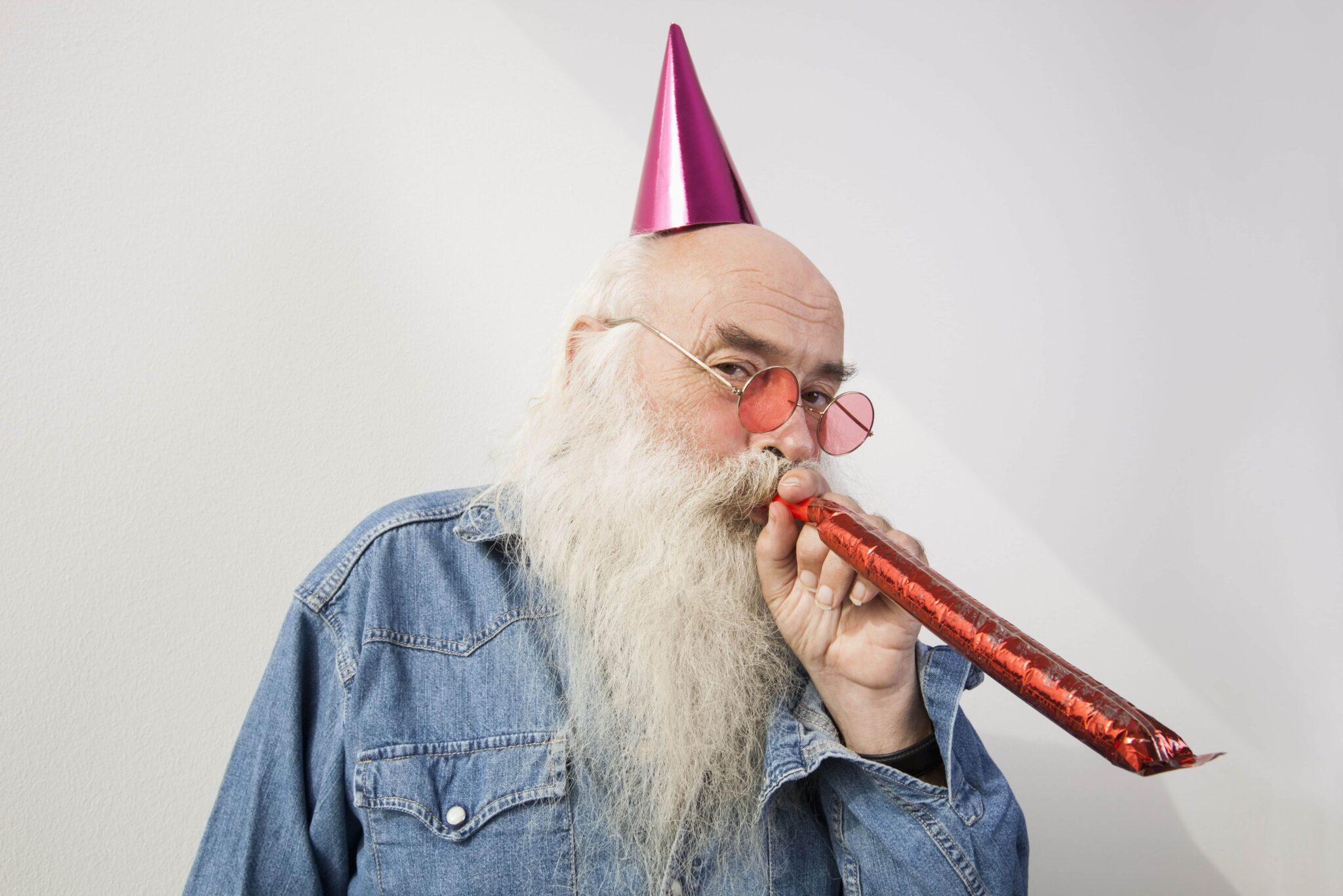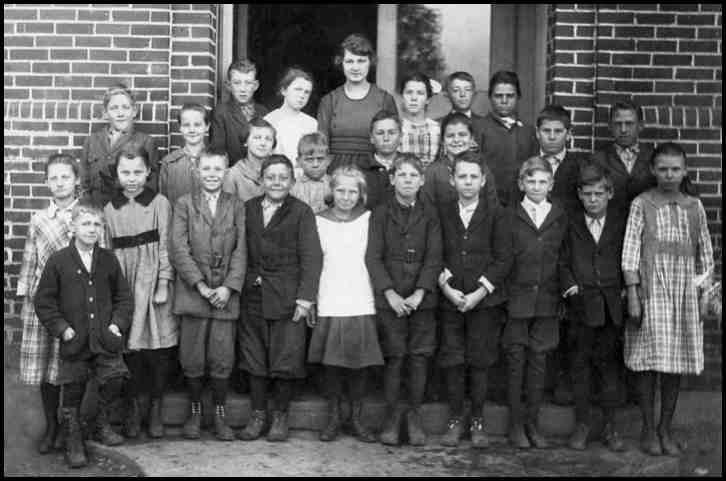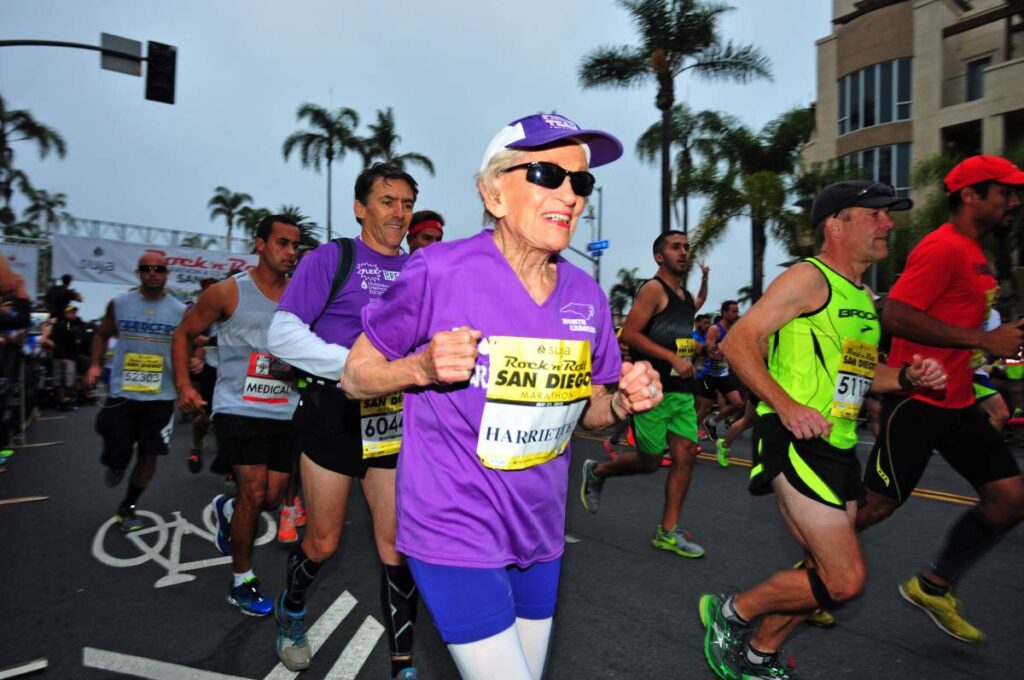What Are The Secrets Of Living Past 100 Years Old?
Centenarians across the planet give their tips for living past 100. Cigars, alcohol and chocolate included.
We are living on the brink of a new age: the age of the centenarian. Improvements in science, medicine, and public health have led the UK’s Office of National Statistics to estimate that a third of British children born today will live until age 100. There are currently an estimated 14,000 centenarians in the UK, and barring any cataclysmic intervention this will skyrocket to over 250,000 by the 22nd century. It’s a trend you’ll see repeated around the globe: people are living longer than might have ever been thought possible.
But if you had the misfortune to be born in the latter half of the 20th century, you’ve got only half as good a chance of making it to your hundredth birthday, which doesn’t seem fair. If you want to become one of the world’s oldest people you’ll have to find a way to beat the odds. So what is the secret to long life?
Respect Your Elders
If anyone can teach us the key to living long, maybe the world’s oldest people can. The oldest humans alive are tracked and verified by organisations like the Gerontology Research Group and Guinness World Records, and whenever a new ‘oldest person’ is crowned, news agencies like to ask them one question: how did you do it?
Naturally the answers are as varied as the people giving them, but some things come up a lot. Diet, especially.
Misao Okawa (115) felt she owed her longevity to large amounts of sushi, while the oldest recorded human, Jeanne Calment (122), claimed to eat lots of olive oil and a kilogram of chocolate a week. Besse Cooper (116) put her success down to avoiding junk food, while Puerto Rican Emiliano Mercado del Toro (115) credited a daily helping of funche – cornmeal, butter and milk served with salted codfish.
And if that sounds unappealing, consider that Emma Morano (115) liked homemade brandy, chocolate and three eggs a day. No word on whether that’s all in one sitting.
Emma Morano
Specifically moderating eating also comes up a lot. Jiroemon Kimura (116) strictly practised the Confucian teaching of hara hachi bunme (eating until 80% full) and Walter Breuning (114) lived on just two large meals a day: breakfast and lunch, then fruit in the evenings. Mariam Amash (120, unverified) and Maria Gomes Valentim (114) both believed a healthy diet was the source of their longevity.
In terms of vices, no-one can quite agree whether it’s good to have some or none. Jeanne Calment’s recommended diet included lots of port-wine, while Fred Hale (113) thought that an “occasional nip” of whisky was beneficial. Christian Mortensen (115) was abstinent from alcohol but enjoyed “a good cigar”. Susannah Mushatt Jones (115) provides a fairly extreme case: she never smoked, drunk alcohol, partied, wore makeup, dyed her hair or got married, and (luckily for anyone thinking of following this advice) she still didn’t live significantly longer than the ones who did do all that stuff.
Disposition could matter. Jeanne Calment said she lived so long because she was calm, while Kathryn Knauss, the daughter of Sarah Knauss (119), said her mother’s advanced age was down to her “tranquillity“. Besse Cooper rather ominously credited “minding her own business” and Christian Mortensen credited “friends, staying positive and lots of singing.” Along with the eggs , brandy and chocolate, Emma Morano said her number one reason for staying alive was thinking positively about the future – something which is presumably not hard to do when you’ve lived through two world wars.
The Real Secrets
If anything is clear from the conflicting reasons supercentenarians have given for their longevity, it’s that none of them really knows the secret. But by examining them collectively, we can get some way to the truth. So if you want to become one of the world’s oldest people, here’s what you have to do:
1. Be a Woman
Men, you’re basically out of luck. Jiroemon Kimura, the oldest man ever to live, reached a verified age of 116 years and 54 days, which doesn’t even put him in the top 10 oldest people ever. If you want to get anywhere near the top spot, you have to be a woman. To get into the current top 10 a man would have to live a full 47 days longer than Kimura was fortunate enough to, and both of the oldest living men are some four years off that target. By the time they get there, the low bar will probably have been raised even further. It’s hardly worth trying: only 7 of the top 100 oldest people ever recorded are men, so the odds are definitely stacked against them.
2. Be American or Japanese
Maybe it’s the diet, maybe it’s the pace of life or maybe it’s because they both love baseball, which trains you to survive long periods of inactivity. Whatever the reason, two countries dominate lists of supercentenarians living and dead: the USA and Japan.
Of the 100 verified oldest people ever, 51 were born or primarily resident in the United States and a further 20 were from Japan – as many as the whole of Europe combined. Of course, the oldest woman ever was French, so it’s not completely foolproof – but if you’re only aiming to make the list rather than top it, being American or Japanese gives you the best chance.
And in case you weren’t born in America or Japan, the only other countries that get a look in are Australia (1), Brazil (1), Canada (3), Ecuador (1), France (6), Italy (2), Jamaica (1), Netherlands (1), Portugal (2), Puerto Rico (2), Spain (3) and the UK (6). So be from one of those instead.
3. Have good genes.
Psychologists will probably debate the significance of nature and nurture for the rest of time, but it’s clear you don’t hit triple digits without a little of both in your favour. If you don’t believe us, just look at Joan Riudavets, the 114-year-old whose brothers, Pere and Joseph, both hit 105 and 102 respectively, or sisters Nelle Eby and Katherine Davenport, who both reached 111 and 110 respectively. Similarly, we mentioned Sarah Knauss’ daughter Kathryn earlier – she lived to 102. It’s not necessarily all genetic, but old age can definitely run in a family.
So there you have it. If you want to live past your 100th birthday, or even become the oldest person alive, all you have to do is be a Japanese or American Woman who’s already related to a centenarian. Or be born now instead of last century. We’ll leave it up to you to decide which of those is easier to achieve.
Source: mentalfloss
Let’s revise what we can learn from these people. Answer the following questions.
1. What prospects do babies born now in Britain have?
2. What food and drink is consumed by the world’s oldest people?
3. What do some of them say ‘no’ to?
4. What habits and attitudes did they mention as their secret?
5. Who has a greater chance to live longer than others?
Key:
1. Athird of them can live to be one hundred.
2. Sushi, olive oil, chocolate, funche, eggs, brandy, wine, whisky.
3. Junk food, smoking, drinking, partying, makeup, hair-dying, marriage.
4. Moderate eating, calmness/tranquillity, minding your own business, having friends, thinking positively, singing a lot.
5. Women have more chance than men.
American and Japanese people have a higher chance.
People who have family numbers who have lived very long also have a higher chance and those who were born in the 21st century and not in the 20th century.
Vocabulary
centenarian | 100 évet betöltött ember |
on the brink of | valaminek a küszöbén |
to estimate | becsülni |
barring | kivéve valaminek az esetét |
intervention | beavatkozás |
to skyrocket | számban magasan megnövekedni |
to beat the odds | a körülmények gátlása ellenére sikeresnek lenni |
Respect Your Elders
| Tiszteld a nálad idősebbeket! |
to track | nyomon követni |
to verify | igazolni, megerősíteni |
longevity | hosszú élet |
a daily helping | napi adag, naponta fogyasztott |
cornmeal | korpás liszt |
codfish | tőkehal |
unappealing | nem túl vonzó |
in one sitting | egy ültében |
unverified | nem megerősített |
vice | bűn |
nip | korty, kortyintás |
beneficial | jótékony hatású |
disposition | hajlam |
advanced age | előrehaladott kor |
to be down to | köszönhető valaminek |
tranquillity | nyugalom |
presumably | feltehetően |
supercentenarian | száz éven felüli ember |
off that target. | híján valaminek a céltól |
foolproof | teljesen biztos módszer |
gene | gén |
nurture | nevelés, gondoskodás |
respectively | egyenként |







